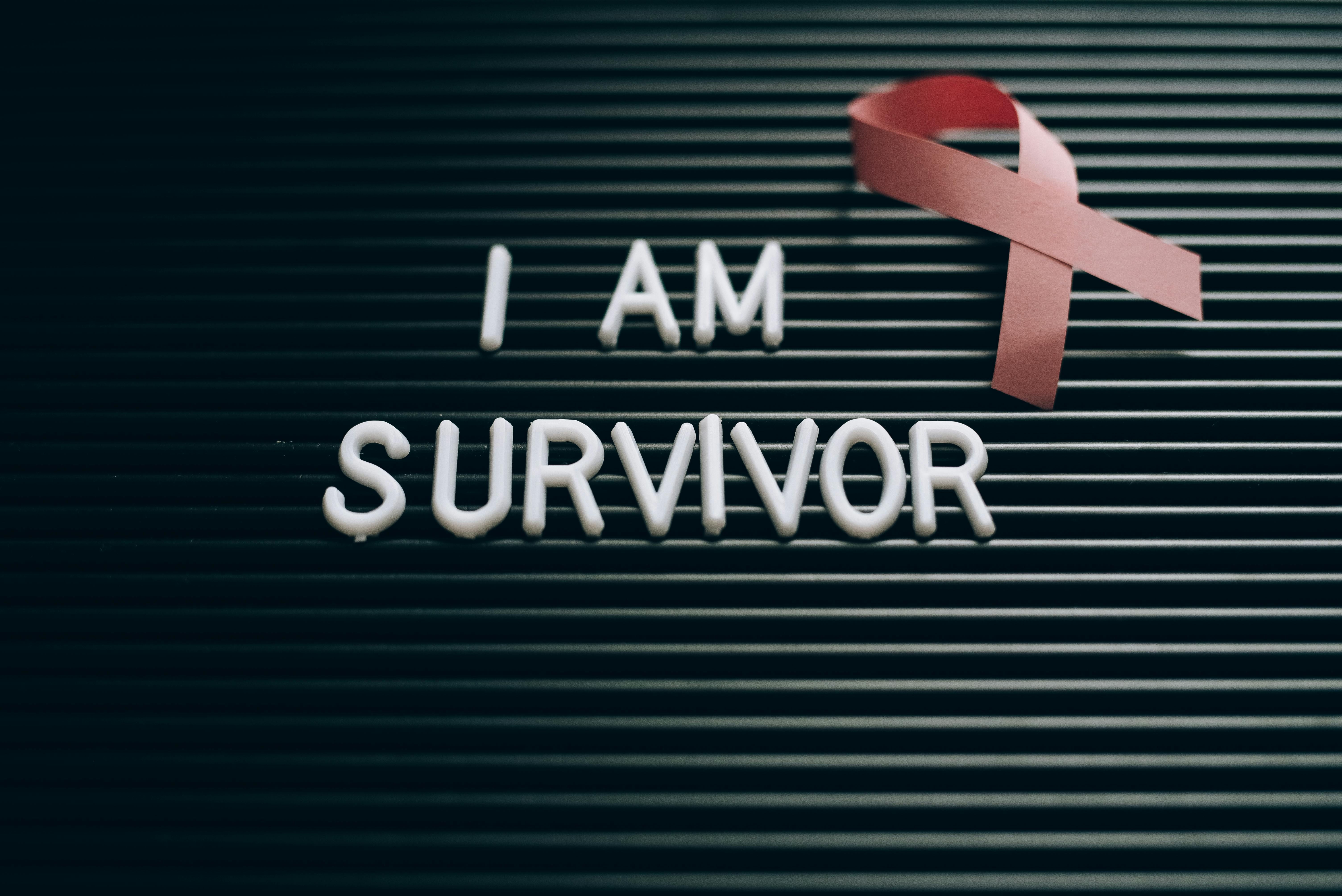Empowering Lives: A Guide to Early Cancer Detection
In this post, explore the vital role of early cancer detection with a guide on screening methods, risk factors, and proactive measures.
In the journey of life, unexpected challenges can arise, and few are as daunting as a cancer diagnosis. While the word itself can evoke fear and uncertainty, it's essential to remember that early detection can be a powerful tool in the fight against this disease. Empowering individuals with the knowledge and tools for early cancer detection can make a significant difference in outcomes and quality of life. In this guide, we'll explore the importance of early detection, the methods available, and how you can take proactive steps to safeguard your health.
Understanding the Importance of Early Detection
Early detection of cancer can significantly increase the chances of successful treatment and survival. Detecting cancer in its early stages often means it's smaller and hasn't spread to other parts of the body, making it more manageable to treat. Moreover, early diagnosis can offer more treatment options, potentially reducing the need for aggressive interventions such as chemotherapy or surgery.
Key Methods for Early Detection
1. Regular Screening Tests
Screening tests are crucial for detecting cancer before symptoms appear. These tests can include mammograms for breast cancer, Pap tests for cervical cancer, colonoscopies for colorectal cancer, and prostate-specific antigen (PSA) tests for prostate cancer. The frequency and timing of these tests may vary depending on individual risk factors and medical history, so it's important to consult with a healthcare professional to determine the appropriate screening schedule.
2. Pay Attention to Your Body
Being attuned to changes in your body is another essential aspect of early detection. If you notice any unusual symptoms such as lumps, changes in bowel or bladder habits, persistent coughs, or unexplained weight loss, it's crucial to promptly consult with a healthcare provider. While these symptoms may not always indicate cancer, they should not be ignored, as they could be early warning signs of various health issues that require attention.
3. Know Your Family History
A family history of cancer can significantly increase your risk of developing the disease. Therefore, knowing your family's medical history is vital for understanding your own risk factors. If you have close relatives who have been diagnosed with cancer, especially at a young age, inform your healthcare provider. They may recommend additional screenings or genetic testing to assess your risk more accurately.
Taking Proactive Steps for Your Health
Beyond regular screenings and paying attention to your body, there are several proactive steps you can take to reduce your risk of developing cancer:
- Maintain a Healthy Lifestyle: Adopting a balanced diet, engaging in regular exercise, avoiding tobacco products, limiting alcohol consumption, and maintaining a healthy weight can all contribute to lowering your risk of cancer.
- Protect Yourself from Environmental Hazards: Minimize exposure to known carcinogens such as asbestos, radon, and ultraviolet (UV) radiation from the sun by taking appropriate precautions such as wearing protective clothing, using sunscreen, and avoiding prolonged exposure to the sun during peak hours.
- Stay Informed: Keep yourself updated on the latest research and recommendations regarding cancer prevention and early detection. Attend health screenings and educational events in your community to stay informed and empowered to take charge of your health.
In conclusion, early detection plays a crucial role in the fight against cancer. By understanding the importance of early detection, familiarizing yourself with available screening methods, paying attention to your body, knowing your family history, and taking proactive steps for your health, you can empower yourself to detect cancer early, potentially saving lives and improving outcomes. Remember, knowledge is power, and by staying informed and proactive, you can be an active participant in safeguarding your health and well-being.
Related Posts

17.04.2024
Unlocking the Path: Your Guide to HPV Testing for Cervi...
In this guide, we uncover the vital aspects of an effective HPV test, shedding light on the importance of identifying high-risk strains and ...

25.03.2024
Bridging Gaps, Saving Lives: Zerocancer's Community Out...
Zerocancer is a proactive force in battling cancer, going beyond awareness campaigns to focus on prevention, early detection, and accessible...